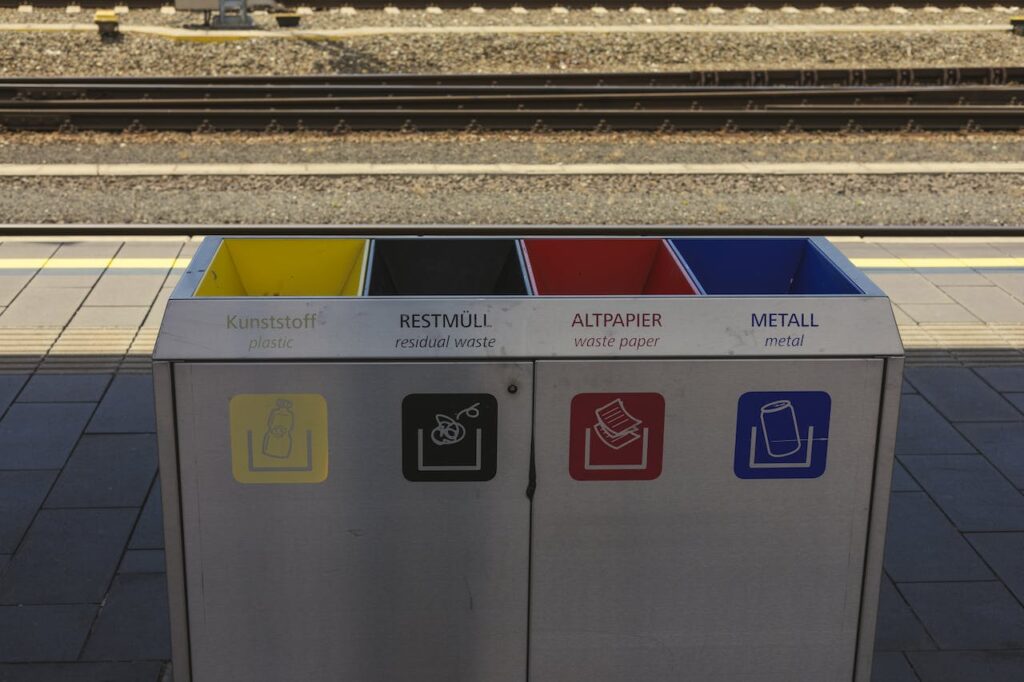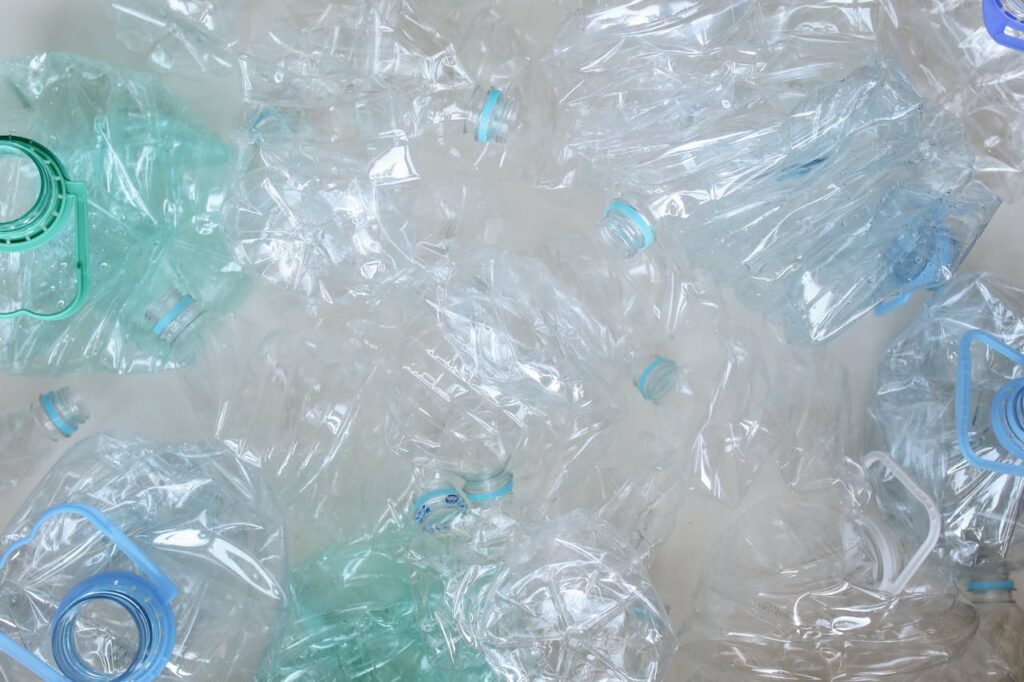The best countries for recycling have been listed as Germany, Austria, South Korea and Wales. These countries exceed recycling rates in comparison to other countries across the world.
The recycling rates for these countries include:
- Germany: Germany was the top municipal waste recycler in the European Union in 2021, with an estimated recycling rate of 71.1%.
- Austria: In Austria, the recycling rate for municipal waste was already 62.2% in 2020.
- South Korea: The average recycling rate for municipal waste in South Korea stood at over 50%.
- Wales: Statistics published in 2022 show that the national recycling rate has exceeded the statutory target of 64%, with a rate of 65.2%.
How Have These Countries Reached These Recycling Rates?
In our quest for a more sustainable world, recycling stands as a cornerstone of environmental stewardship. As we reach 2024, some countries have set the benchmark for effective waste management. Leading the way in transforming ‘waste’ into ‘resource’.
This article delves into the remarkable achievements of Germany, Austria, South Korea, and Wales, exploring their strategies and practices that have resulted in some of the highest recycling rates in the world.

Germany: The Pinnacle of Waste Management
Germany, often touted as having the highest recycling rate, owes its success to its comprehensive ‘Green Dot’ recycling scheme. By mandating producers to be responsible for the packaging waste, Germany has revolutionised waste being recycled. The country’s commitment to reducing greenhouse gas emissions also plays a crucial role in its waste management strategies.
Austria: Reduced Landfill Waste
The increase in recycling and recovery rates could be realised mainly because of the landfill ban on certain waste types. Landfilling of waste with a TOC of more than 5% has been prohibited since 2004.
Austria also benefits from a robust recycling system, focusing on both urban and rural recycling points. This ensures that the total amount of waste is minimised. Individuals in Austria are also focused on recycling, according to a Euro-barometer survey, 96% of Austrians claim they separate their general waste from packaging.
South Korea: Innovation in Plastic Waste Reduction
South Korea’s remarkable reduction in plastic waste, particularly plastic bottles, is a testament to its innovative approaches. In 2021, over 60% of plastic waste was recycled as material or as energy.
The country’s efficient recycling system is not just about managing solid waste but also about educating the public and encouraging participation in recycling schemes.
Wales: A Small Country with Big Ambitions
Despite being a smaller country on the list, Wales has demonstrated exemplary commitment to recycling. With its focus on reducing carbon emissions and enhancing the recycling of various materials, Wales has shown that size does not dictate the effectiveness of waste management.
Policies brought in by the Welsh government and a target to be zero waste by 2050 have pushed the countries recycling rates up.
How Your Business Can Increase Recycling Rates
Embrace a Comprehensive Recycling System
Just like these leading countries in the world, businesses can increase recycling rates by implementing a holistic recycling system. This includes setting up accessible recycling points and educating employees on the importance of recycling.
Reduce, Reuse, Recycle: The Mantra for Managing Plastic Waste
Take inspiration from South Korea in managing plastic waste. Encourage the use of reusable materials and set systems for recycling plastic bottles and other plastic materials to mitigate greenhouse gas emissions.
Adopting Green Dot and Other Recycling Schemes
The Green Dot system, as seen in Germany, can be a model for businesses. Implementing similar recycling schemes can help in managing the total amount of waste, especially packaging materials.
Monitor and Report Recycling Rates
Keeping track of your recycling rates and continuously striving for improvement is key. Compare your rates with the highest recycling rate achieved by countries and set realistic, yet ambitious goals.
The journey towards effective waste management and higher recycling rates is ongoing. The examples of Germany, Austria, South Korea, and Wales provide valuable lessons for businesses worldwide.
By adopting similar strategies and a commitment to sustainability, it’s possible to make a significant impact on reducing waste and protecting our planet. If you need help recycling cardboard, paper or hazardous materials, get in touch with our team today.


